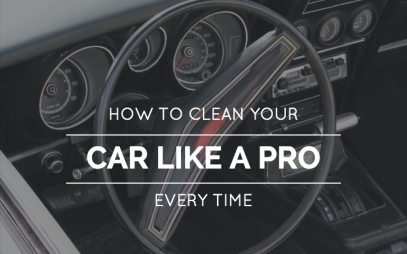Imagine the following scenario: you have a problem with your car and take it into a garage. They assess it, say there’s an issue that needs fixing and for convenience you let them carry out the repair work. Following this you’re met with a hefty bill and you find out the work they did you perhaps could’ve done yourself. Sound familiar?
Needless to say, this can be quite frustrating. So to ensure this doesn’t happen to you. and to get yourself prepared for any eventuality, in this post you’ll find some helpful advice regarding the tools and equipment you need to help you complete this work in your home garage. Furthermore, these are conveniently broken down into categories defined by the level of expertise required.
The Basic Tools
For the more straightforward jobs like changing tyres and replacing batteries you need to start with the basics:
- A sturdy and large enough tool chest.
- Tool sets, including: hand tools and power tools like ratchets, wrenches and screwdrivers.
- Jacks, axle stands and wheel chocks, for safe lifting of vehicles.
- Overalls and a Mechanic’s seat, for comfortable working.
Intermediate Skill
Along with the above comes more technical aspects like fitting new parts, changing the oil and carrying out repair work to the car’s interior, exterior and underside.
- Car creepers to safely and efficiently work under your car.
- Air tools, such as spray guns when working on repairing damage to your bodywork.
Jobs for the Pros
When it comes to major repair work and vehicle restoration you definitely need to have the ability first before you take on such jobs. When you do feel ready though, you’re going to need:
- Engine stands and cranes, to securely hold, remove and replace heavy engine bays.
- The right amount of space; not necessarily a tool but for bigger jobs, but you need to have enough room to work safely.
To return to a key point, what you choose to do really does depend on how confident you are in carrying out the work. What you can bear in mind though is that you can work your way up to a more professional level and expand your equipment as you go.
A final piece of advice is to always invest in the best quality tools from established retailers like SGS Engineering. Avoid second-rate imitations that invariably break after a couple of uses, and always correctly store and clean your tools after use.














Leave a Reply